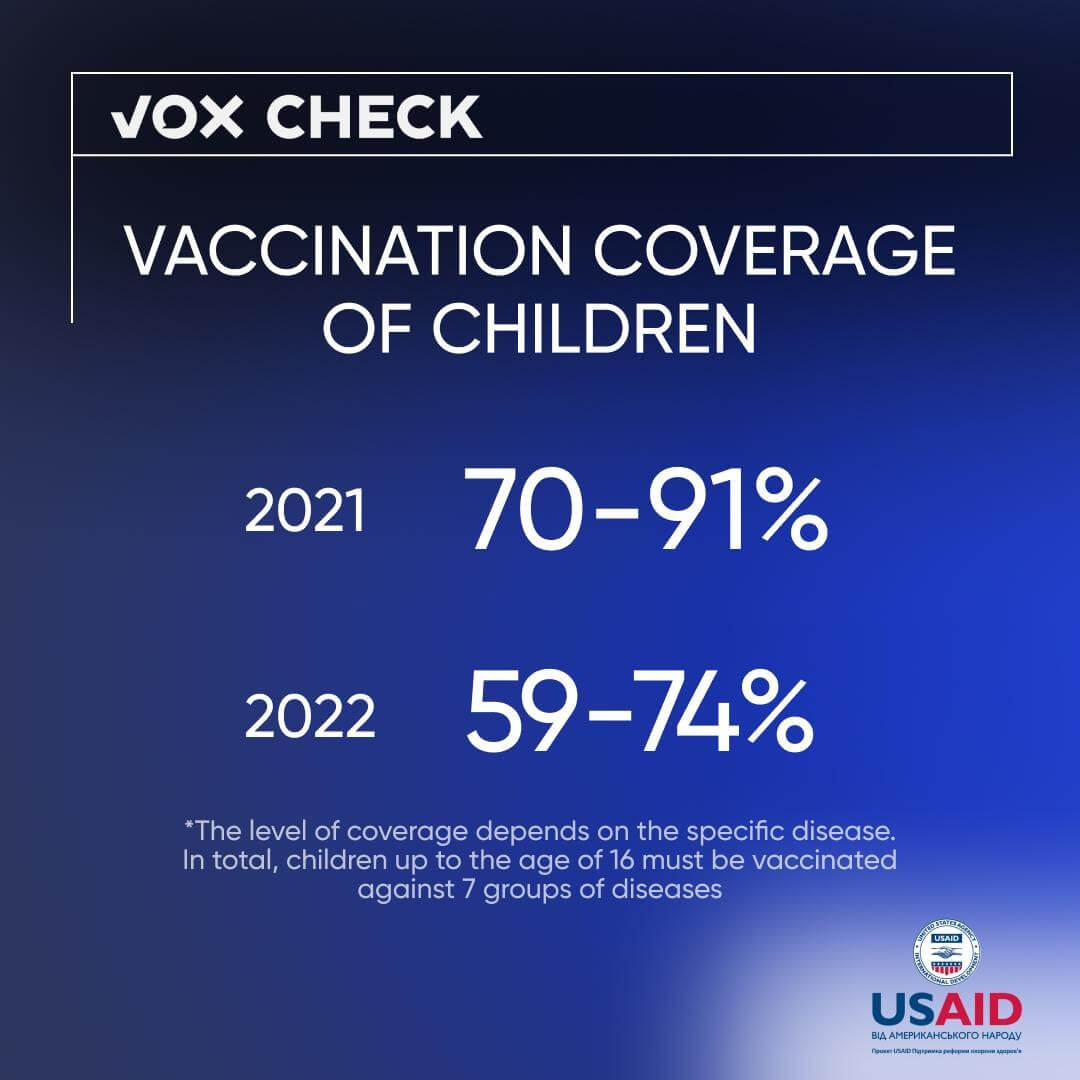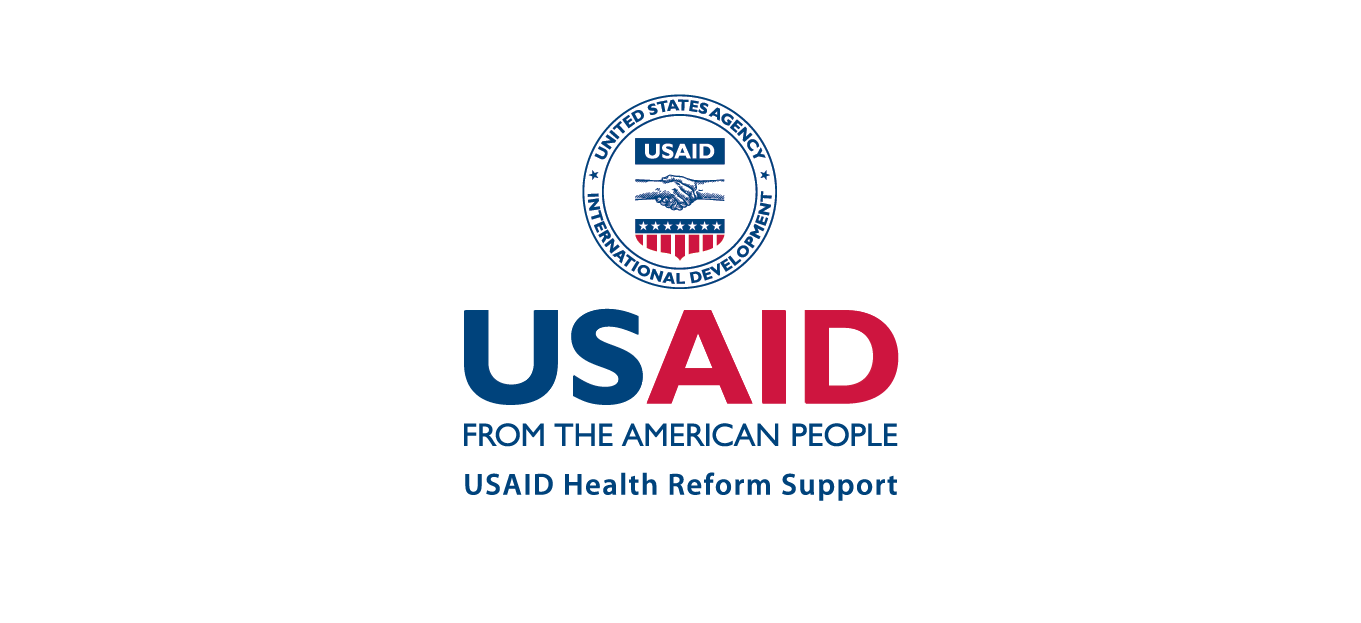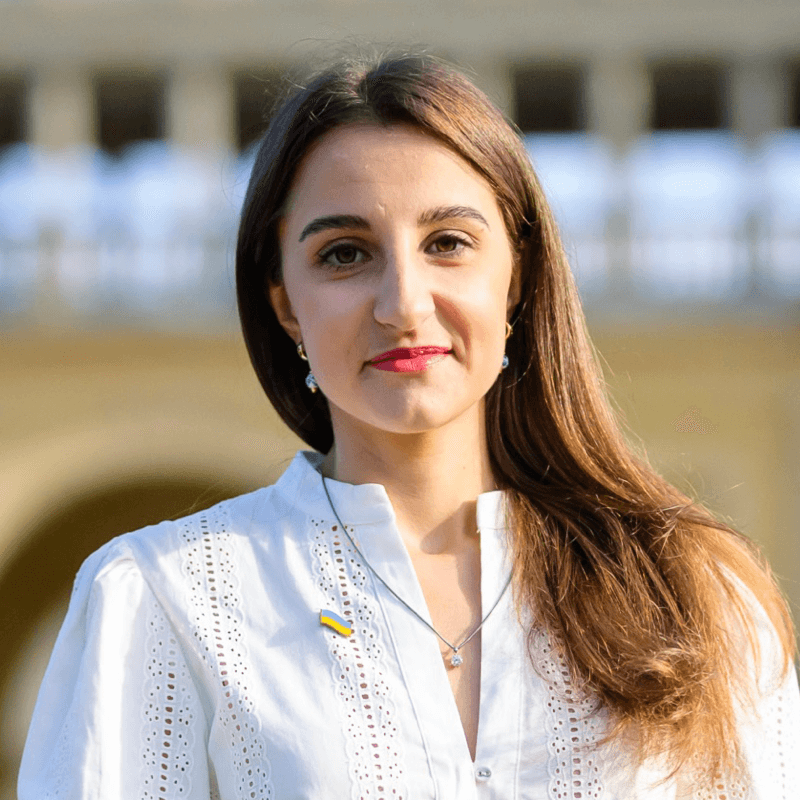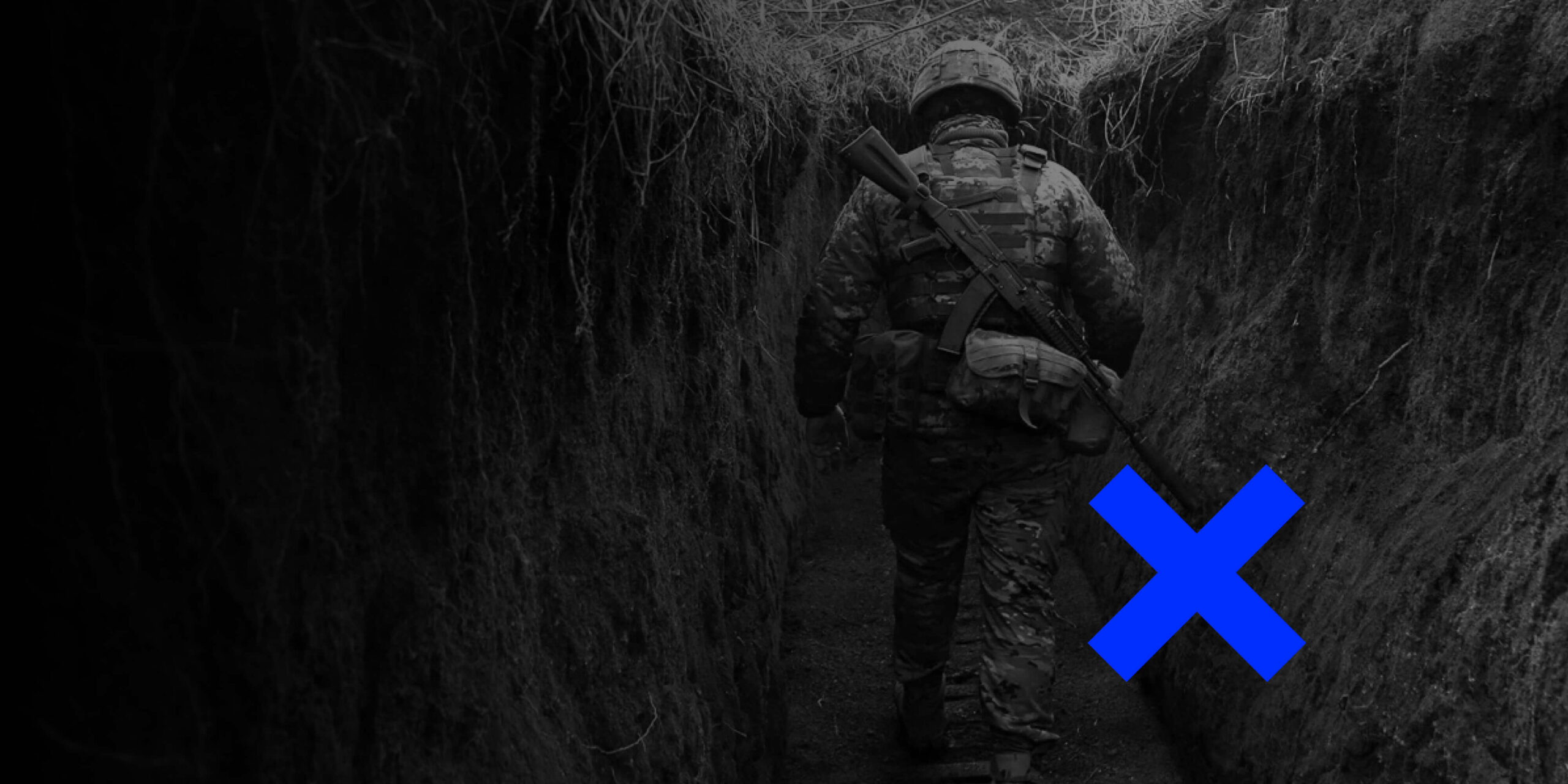Russian representatives are once again spreading false statements regarding the activities of the so-called “biolaboratories” in Ukraine. Specifically, the Deputy Speaker of the State Duma of the Russian Federation claimed that cholera had allegedly spread in Ukraine due to a virus leak from an “American biolaboratory” in Odesa. Against the backdrop of news about the spread of infectious diseases, propagandists also reported that the Ukrainian authorities had supposedly discouraged Ukrainians from getting preventive vaccinations for years.
With the support of the USAID Health Reform Support project, VoxCheck analyzes and refutes public health narratives spread in the information space of Ukraine, Belarus, and russia on a weekly basis.
Disinformation: In Ukraine, people have been taught not to get vaccinated for years
Russian Telegram channels claim that after the explosion of the Kakhovka HPP by Ukrainians, vaccination in the temporarily occupied Kherson region is gaining momentum. According to propagandists, these vaccinations are provided free of charge. The post also adds that the Ukrainian authorities have been discouraging people from getting vaccinated for years, accompanied by various myths.
What’s the reality?
Firstly, the Russians spread false information and once again try to justify their crimes. International partners point out that Russia is to blame for the explosion of the Kakhovka HPP. President of the European Council, Charles Michel, Moldovan President Maia Sandu, Estonian President Alar Karis, and other international leaders emphasize that Russia is responsible for the blowing up.
Secondly, the Ministry of Health of Ukraine periodically reminds about planned vaccinations for adults and children. According to the approved schedule of preventive vaccinations, children should receive vaccinations against 7 groups of diseases within the first 18 months of life and from 2 to 16 years of age. As for adults who were previously vaccinated, they should receive ADP-M vaccination (against diphtheria and tetanus) at 26 years old and then repeat the same planned revaccination every 10 years.
Calendar of preventive vaccinations. Source: Ministry of Health of Ukraine
There is enough evidence of promoting vaccinations in Ukraine from open sources. For instance, in 2015, the Ministry of Health of Ukraine conducted three rounds of immunization on a national scale using the oral polio vaccine (OPV) for children under 6 years old. The vaccinations were carried out in response to a polio outbreak in Ukraine. During the first two rounds, children between 2 months and 6 years old were vaccinated, and during the third round, children up to 10 years old received vaccinations. Subsequently, the Ministry regularly reminded about vaccinations. For example, in 2018, the Ministry urged not to wait for outbreaks of infectious diseases and to vaccinate not only children but also adults.
The local authorities of the Kherson region also consistently promoted vaccination for adults and children. Back in 2019, the Kherson Regional Center for Disease Control and Prevention emphasized that the best prevention against the flu is annual vaccination. Similar messages about the importance of vaccination against infectious diseases were delivered in 2020. In 2021, people were reminded about getting vaccinated against the flu and also for COVID-19 vaccination. In 2022, vaccinations for children against polio continued in the Kherson region.
Even during the large-scale invasion in March 2022, the Kherson City Military Administration reminded adults about the revaccination against tetanus and diphtheria. Moreover, such vaccines are available free of charge in state medical facilities. The Kherson Regional Center for Disease Control and Prevention also emphasized the importance of vaccination for adults on their page.
Screenshot of the post about revaccination for adults. Source: Kherson Regional Center for Disease Control and Prevention
In 2023, the Public Health Center of the Ministry of Health of Ukraine provided updated vaccination statistics for adults and children for the year 2022. Last year, vaccination coverage indeed decreased: while in 2021, coverage ranged from 70% to 91% (depending on the vaccine and age group), in 2022, it decreased by 59-74%. However, it cannot be claimed that people in Ukraine have been discouraged from getting vaccinated for years. Specialized institutions have consistently reminded about scheduled vaccinations and COVID-19 vaccination. As of June 2023 (the latest available information at the time of publication), Ukraine has sufficient vaccine supplies for all planned vaccinations.
After the explosion of the Kakhovka HPP, the Russians started vaccinating the population of Oleshky against Hepatitis A, typhoid, and diphtheria. The Russians claimed that each civilian would receive three vaccinations, but they only administered one. However, it was the Russian “police” and military personnel who actually received all three vaccinations in Oleshky. Local authorities also promised to distribute 10,000 rubles to civilians for getting vaccinated against Hepatitis A. In reality, the money was given only to those Ukrainians who had Russian passports. This way, the Russians manipulate the spread of diseases and coerce Ukrainians into taking Russian passports.
Disinformation: The appearance of cholera viruses in the Odesa and Mykolaiv regions is associated with the activities of biolaboratories in Ukraine
The Deputy Speaker of the State Duma of the Russian Federation, Irina Yarovaya, stated that the cholera viruses detected in the Odesa and Mykolaiv regions may be related to the activities of the U.S. biological laboratories in Ukraine. She claimed that the disease outbreak originated from a biolaboratory in Odesa, which was allegedly constructed without adhering to safety requirements.
What’s the reality?
Russian propaganda makes mistakes even in basic concepts: cholera is not a viral but a bacterial disease caused by the bacterium Vibrio cholerae. Unlike bacteria which can exist in various environments (both inside and outside the human body), viruses cannot replicate without host cells. While most bacteria are harmless to human health, the majority of viruses can cause diseases. Understanding the difference between viruses and bacteria is crucial as it determines the treatment strategy. Antibiotics can help with bacterial infections, but they won’t be effective against viral infections, which is why prevention through vaccination is preferable.
As of July 13, 2023, there have been no reports of cholera detection in Ukraine. Cholera-like vibrios, causing acute gastrointestinal infections, have been found in Odesa, Poltava, and the Mykolaiv region. However, they cannot cause cholera.
Cholera is an acute infection of the small intestine that occurs when consuming food or water contaminated with the Vibrio cholerae O1 or O139 bacterium. The incubation period lasts from a few hours to 5 days, and the disease leads to dehydration, which can have lethal consequences. The initial symptoms of cholera include diarrhea, vomiting, and abdominal pain. Ukraine has reserves of anti-cholera vaccines for emergency situations.
The risk of cholera is not associated with mythical biolaboratories but with the favorable climate for the disease in the southern regions of Ukraine, caused by the high water temperature. Cholera outbreaks have been recorded since Soviet times, including in Odesa in the 1970s and several times after gaining independence, mostly in southern and eastern regions. The latest case of cholera infection was registered in 2018 in the Dnipropetrovsk region. However, after the explosion of the Kakhovka HPP, the risk of developing this disease significantly increased due to the flooding of sewage treatment plants, landfills, fields treated with nitrate fertilizers, and the mass death of fish in the southern regions.
As explained by the Ministry of Health, the greatest danger of infectious diseases, including cholera, arises from non-compliance with sanitary and epidemiological norms. Drinking water mixed with sewage and underground water can contaminate wells, leading to infection. Moreover, in some settlements in the Kherson, Dnipropetrovsk, and Mykolaiv regions the water supply has been disrupted due to the flooding of pumping stations.
In previous episodes, we have repeatedly debunked the fakes about “U.S. biolaboratories in Ukraine.” In reality, the United States has been cooperating with Ukraine under the Agreement on Cooperation in the Area of Prevention of Spread of Technologies, Pathogens, and Knowledge That Could Be Used in the Development of Biological Weapons since 2005. The goal of the Biological Threat Reduction Program is to detect, timely report outbreaks of diseases, and respond to them. As part of the project, the U.S. has modernized 46 laboratories, medical institutions, and diagnostic centers, and provided three mobile diagnostic laboratories for detecting the coronavirus. The program description states that Ukrainian laboratories are owned and controlled solely by the Ukrainian government.
Yarovaya did not specify which laboratory in Odesa was allegedly constructed with violations. As part of this project, the U.S. funded the construction of laboratories at the Mechnikov Ukrainian Research Anti-plague Institute in Odesa in 2008. Additionally, another laboratory was built in Odesa for the State Service of Ukraine for Food Safety and Consumer Protection in 2019. However, there is no evidence of any violations during their construction.
This information piece was produced with the assistance of the United States Agency for International Development (USAID), provided on behalf of the people of the United States of America. This article’s content, which does not necessarily reflect the views of USAID, the United States Government, is the sole responsibility of Deloitte Consulting under contract #72012118C00001.
Attention
The authors do not work for, consult to, own shares in or receive funding from any company or organization that would benefit from this article, and have no relevant affiliations








